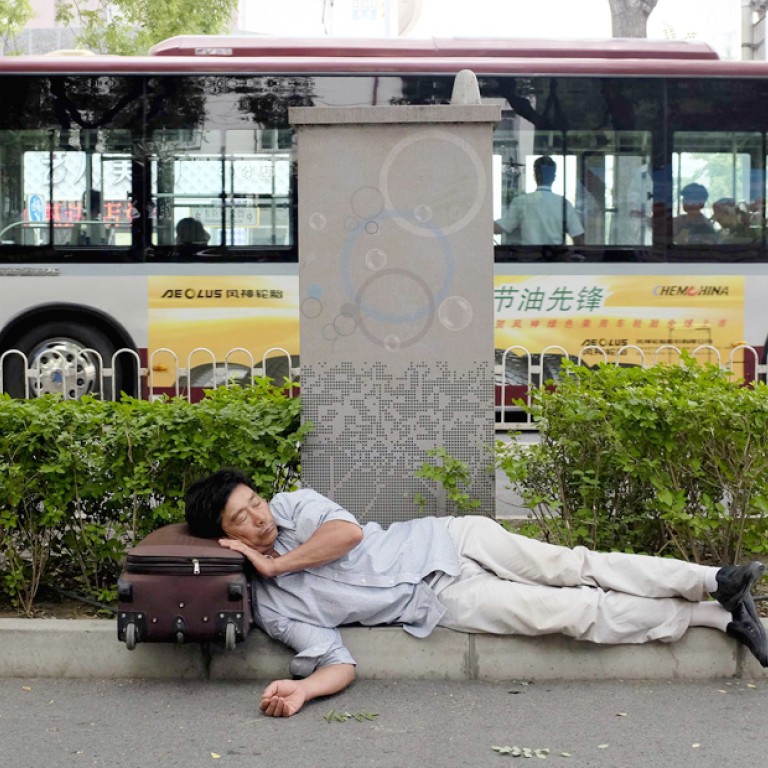
Beijing now needs to invest more on raising quality of life
China's rise can be measured in stellar economic growth, the escape of hundreds of millions from poverty and international respect. But it is not reflected kindly in an indicator of people's well-being recommended by the World Health Organisation called health-adjusted life expectancy (Hale).
China's rise can be measured in stellar economic growth, the escape of hundreds of millions from poverty and international respect. But it is not reflected kindly in an indicator of people's well-being recommended by the World Health Organisation called health-adjusted life expectancy (Hale). Using the indicator, China's Centre for Disease Control and Prevention surveyed the average number of years lost to disability and serious illness by Beijingers. Hale is calculated by subtracting from life expectancy the average number of years lost to ill health, weighted according to the severity of the health problem.
Although the life expectancy of Beijing adults is on a par with that of advanced countries, the results indicated that their quality of life is far from ideal by comparison. Not surprisingly, given that pollution of China's air, water and soil has reached crisis levels. Public health experts blamed food, pollution and lifestyle issues for the results, along with lack of medical resources to cure diseases before they become serious.
The most prevalent chronic illnesses in the study were cancer, followed by arthritis, cerebrovascular and heart disease, diabetes and hypertension. The survey of more than 6,000 adults found that 18-year-old males expected to live to 80 on average could look forward to 40.2 years of good health. However, females of the same age, while expected to live to 84, could look forward to only 38 healthy years. Deng Ying , director of the CDC, links the results to various quality-of-life factors.
The city's Hale figure was about 18 years less than average life expectancy, compared with about 10 years in Western countries. What Hale does not tell us is the cost to the nation and its people, in terms of the burden on a stressed health care system, of treating and caring for people with chronic illness, and loss of productivity. As the pace of growth slows in favour of more sustainable expansion, rising living standards need to be supported by investment in environmental health, food security and world-class health care services.

